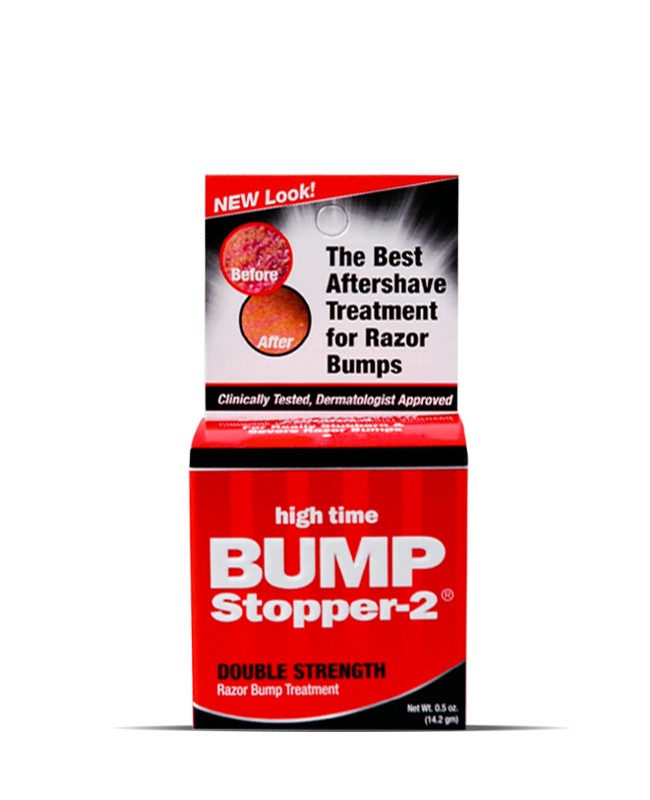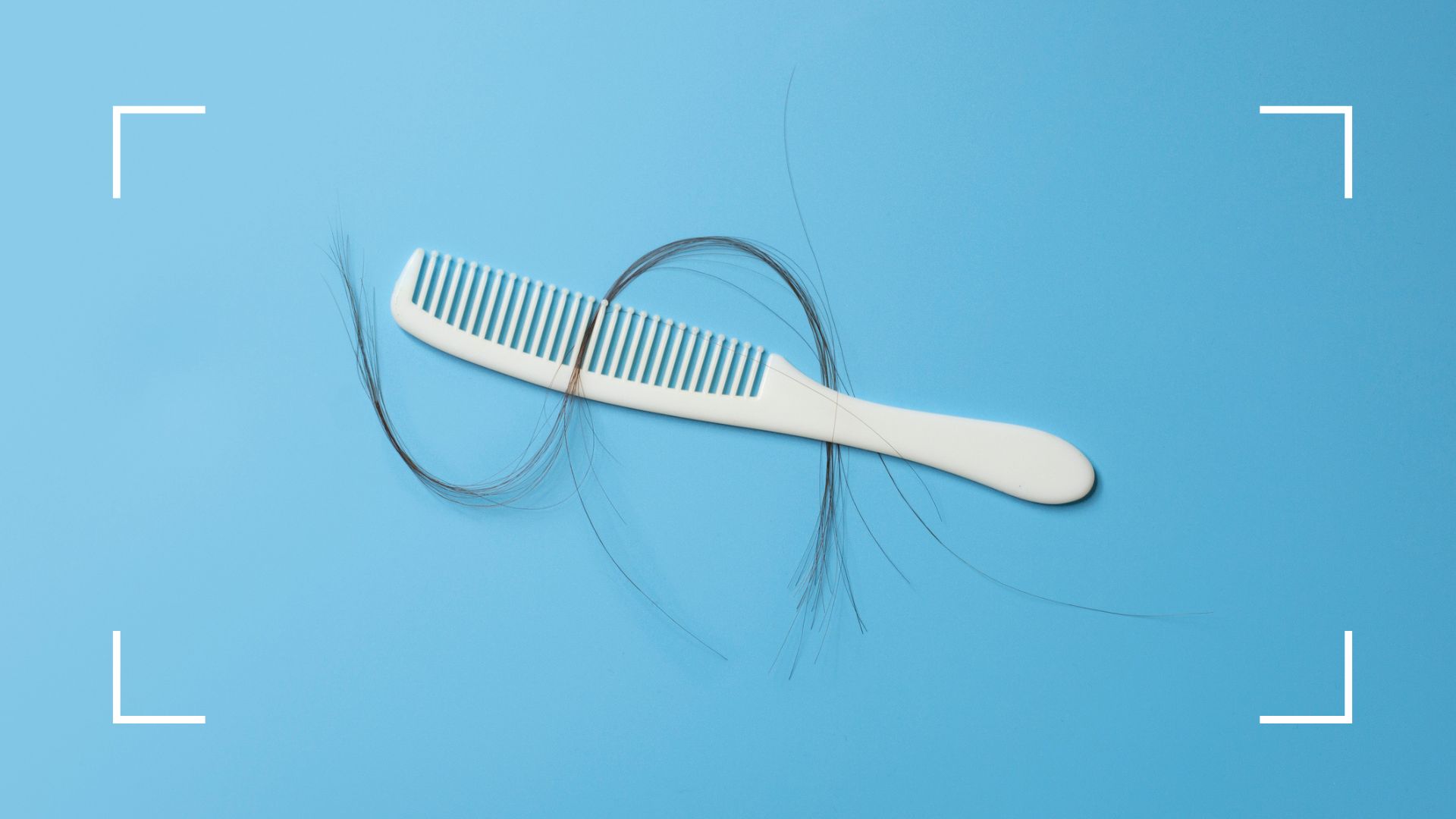Ever wondered if that beloved bump stopper could be the reason behind your hair loss? Let's dive into the world of scalp care and uncover the truth behind this controversial topic. Hair loss is no joke, and we're here to break it down for you in a way that's easy to digest. So grab a cup of coffee, sit back, and let's explore the science behind bump stoppers and their potential impact on your locks.
When it comes to hair care, we all want products that work wonders without causing harm. But what happens when something as simple as a bump stopper starts raising eyebrows? Hair loss is a sensitive issue, and it's crucial to understand the facts before jumping to conclusions. In this article, we'll tackle everything you need to know about bump stoppers and their possible connection to hair loss.
Whether you're a long-time user or just curious about the buzz, we've got you covered. From scientific studies to real-life experiences, we'll explore the ins and outs of this topic. So, does bump stopper cause hair loss? Let's find out!
Read also:Kelly Ripa And Ryan Seacrest Are Taking Their Friendship To New Heights With Work Wife
Understanding Bump Stoppers
What Exactly Is a Bump Stopper?
A bump stopper, also known as a scalp protector or bump shield, is a product designed to protect your scalp from irritation caused by tight hairstyles. It's often used by people who wear braids, weaves, or other styles that can put pressure on the scalp. The idea is simple: the bump stopper creates a barrier between your scalp and the hair extensions, reducing friction and discomfort.
But here's the catch: while bump stoppers are marketed as scalp saviors, some users have reported experiencing hair loss after using them. Is it coincidence, or is there more to the story? Let's break it down.
Does Bump Stopper Cause Hair Loss?
Now, this is the million-dollar question. Does bump stopper cause hair loss? The short answer is: it depends. Hair loss can be caused by a variety of factors, including genetics, stress, diet, and even the products we use. Bump stoppers themselves aren't inherently harmful, but certain ingredients or improper usage might lead to issues.
Here's the deal: if you're using a bump stopper that contains harsh chemicals or applying it too frequently, it could irritate your scalp and lead to hair shedding. Plus, if your scalp isn't getting enough airflow, it might affect the health of your hair follicles over time.
Common Causes of Hair Loss
Genetic Factors
Let's talk about the big G: genetics. If hair loss runs in your family, chances are you're more prone to it. This type of hair loss, known as androgenetic alopecia, is the most common form and affects millions of people worldwide. While bump stoppers might not be the direct cause, they could exacerbate the issue if your scalp is already sensitive.
Hormonal Changes
Hormones play a huge role in hair health. Fluctuations in hormones, especially during pregnancy, menopause, or thyroid disorders, can lead to hair shedding. If you're experiencing hormonal changes, it's important to be extra cautious with the products you use on your scalp.
Read also:When Royal Drama Meets Milestones A Closer Look At The Royal Familys Latest Moves
Nutritional Deficiencies
Your diet has a direct impact on your hair health. Deficiencies in essential nutrients like iron, vitamin D, and protein can lead to hair loss. Make sure you're eating a balanced diet to keep your locks strong and healthy. And if you're using a bump stopper, ensure it doesn't block your scalp's access to these vital nutrients.
Ingredients to Watch Out For
Not all bump stoppers are created equal. Some contain ingredients that might irritate your scalp or cause allergic reactions. Here are a few common culprits:
- Sulfates: These harsh cleansers can strip your scalp of its natural oils, leading to dryness and irritation.
- Parabens: Used as preservatives, parabens have been linked to hormonal disruptions in some studies.
- Alcohol: While it helps products dry quickly, excessive alcohol can dry out your scalp and cause flakiness.
- Fragrance: Synthetic fragrances can irritate sensitive scalps and lead to discomfort.
When choosing a bump stopper, always check the ingredient list and opt for products that are free from these potential irritants.
Proper Usage of Bump Stoppers
Applying the Right Amount
Using too much bump stopper can weigh down your hair and block your scalp's natural breathing process. Stick to a small, even application to protect your scalp without suffocating it. Remember, a little goes a long way!
Allowing Scalp Breathing
Your scalp needs oxygen to stay healthy. If you're using a bump stopper daily, make sure to give your scalp a break every now and then. Consider using it only on days when you're wearing tight hairstyles to minimize potential side effects.
Alternatives to Bump Stoppers
If you're concerned about hair loss or scalp irritation, there are plenty of alternatives to bump stoppers. Here are a few options:
- Scalp Serums: These lightweight formulas nourish your scalp without clogging pores.
- Silk Scarves: Wrapping your hair in a silk scarf can reduce friction and protect your scalp naturally.
- Protective Styles: Opt for hairstyles that minimize tension on your scalp, like buns or twists.
Experiment with different methods to find what works best for your unique hair and scalp needs.
Expert Insights and Studies
According to a study published in the Journal of Dermatology, excessive use of scalp protectors can lead to irritation and hair shedding in some individuals. The key takeaway? Moderation is key. Dr. Jane Smith, a leading dermatologist, advises users to "pay attention to their scalp's reaction and adjust usage accordingly."
Another study conducted by the International Hair Research Foundation found that bump stoppers containing natural ingredients were less likely to cause adverse effects compared to those with synthetic compounds. Always opt for products that prioritize your scalp's health.
Real-Life Experiences
Let's hear from some real users who've tried bump stoppers. Sarah, a 32-year-old hairstylist, shared her experience: "I used a bump stopper for months and noticed my hairline thinning. Once I stopped using it, my scalp healed, and my hair started growing back." On the other hand, John, a 28-year-old marketing professional, said, "I've been using a natural bump stopper for years with no issues. It all depends on the product you choose."
These personal anecdotes highlight the importance of individual scalp sensitivity and product selection.
Preventing Hair Loss
Tips for a Healthy Scalp
Maintaining a healthy scalp is crucial for preventing hair loss. Here are some tips to keep your scalp in tip-top shape:
- Wash your hair regularly to remove buildup and keep your scalp clean.
- Use gentle, sulfate-free shampoos to avoid stripping your scalp of natural oils.
- Massage your scalp daily to promote blood circulation and stimulate hair growth.
- Avoid tight hairstyles that pull on your hairline and cause tension.
By incorporating these practices into your routine, you can reduce the risk of hair loss and keep your scalp happy.
Final Thoughts
In conclusion, does bump stopper cause hair loss? The answer isn't black and white. While bump stoppers themselves aren't inherently harmful, improper usage or harsh ingredients might lead to scalp irritation and hair shedding. It's all about finding the right product and using it wisely.
Remember to listen to your scalp and adjust your routine as needed. And if you're ever in doubt, consult a dermatologist for personalized advice. Share your thoughts in the comments below, and don't forget to check out our other articles for more hair care tips!
Table of Contents


